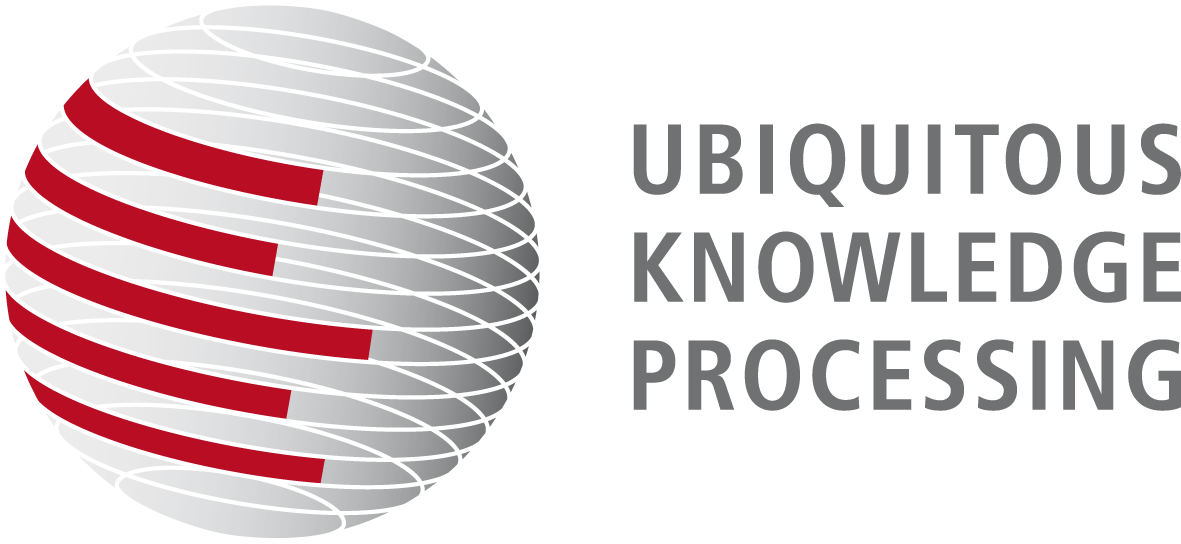ArgumenText in the Media
2019/03/07 by Annika Palm & Christopher Klamm
Making intelligent decisions -- ArgumenText uses the Internet’s wealth of argumentative knowledge to help in the balanced search for arguments. The diverse media coverage of the TU Darmstadt project reflects the considerable interest in and potential of this innovative access to knowledge.

The ArgumenText validation project, which is being developed at the Ubiquitous Knowledge Processing (UKP) department of the TU Darmstadt, provides methods for integrating previously unused knowledge into decision-making processes. It enables its users to filter out concrete pro and con arguments from the vast data pool of the Internet for any topic in German and English, especially for controversial ones in which strong arguments are used. ArgumenText presents an intuitive, clear summary of the pro and contra arguments for the topics and additionally links the sources from which the arguments originate. This ensures that the results remain transparent and that arguments can be traced back to the original text. The validation project particularly aims to assess the economic and social impact and future exploitation of the technology.
The resulting potentials for utilization are also of increasing importance for the interdisciplinary application in the field of digital humanities. In order to harness this profitably, the team is collaborating with the Department of Social and Historical Sciences at the TU Darmstadt on the KRITIS project, for example.
The project has already been received very positively in national and international media thanks to its potential for various areas of application. The news portal IDW (Informationsdienst Wissenschaft) reports on the opportunities that ArgumenText offers for decision-makers in business who have to weigh up whether it is worth entering into an innovation (Staub, idw 2018). According to the c't (Magazin für Computertechnik), ArgumenText can automate key activities of decision-makers in business and support them in evaluating innovations (Grävemeyer, c't 2018).
In other areas, too, the application can make processes easier and more efficient. Phys.org highlights how journalists can benefit from automatic argument search when they need to get to grips with a topic quickly and thoroughly (Phys.org, 2018). The project is constantly changing and further features are planned. As the Austrian industry magazine FACTORY also points out, a real-time search as well as an aggregated presentation, i.e. according to topics, will soon be possible (Weber, FACTORY 2018). In addition to these reports, ArgumenText was also made available to a wider audience at the Hannover Fair 2018, among other events. Visitors had the opportunity to try out the demo version and ask questions about the tool. A corresponding report can be found in the campus newspaper of the TU Darmstadt hoch3 (Paradowski, hoch3 2018).
ArgumenText project offers many social and scientific opportunities. The ArgumenText team is looking forward to the valuable feedback of active users to further improve the application. A demo version of ArgumenText can be tested on the project's website.
For a deeper insight into the project – its background and technical basics- the following publications are recommended:
- Stahlhut, C. (2018) Searching Arguments in German with ArgumenText. Proceedings of the First Biennial Conference on Design of Experimental Search & Information Retrieval Systems, Volume 2167
- Stab, C., Daxenberger, J., Stahlhut, C., Miller, T., Schiller, B., Tauchmann, C., Eger, S. and Gurevych, I. (2018) ArgumenText: Searching for Arguments in Heterogeneous Sources. Proceedings of the 2018 Conference of the North American Chapter of the Association for Computational Linguistics: System Demonstrations. p. 21-25
Sources:
- Phys.org (2018) Searching through noise for pros and cons.
- Weber, R. (2018) ArgumenText: Das „neue Google“ für Ingenieure?
- Staub, C. (2018) TU Darmstadt entwickelt Argumentsuche für Internet-Texte.
- Paradowski, S. (2018) Pro und Kontra aus dem Rauschen.
- Grävemeyer, A. (2018) Suchmaschine der Argumente.
- Witte, J. (2016) System filters the arguments in texts and checks their quality.


